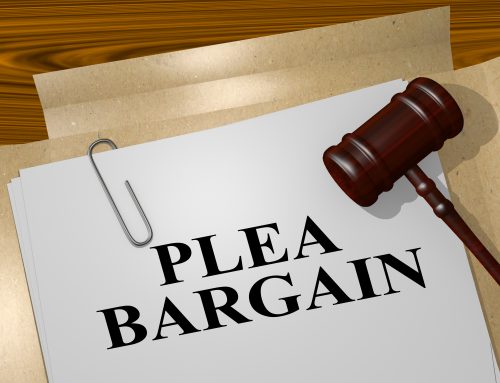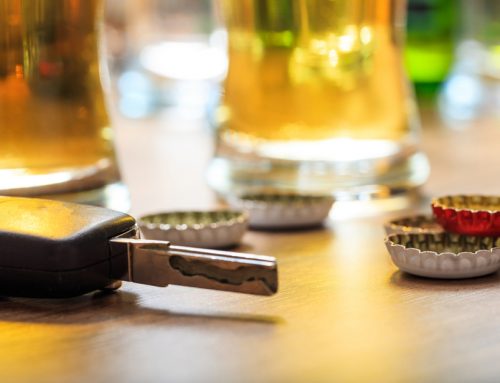Understanding open container law in NJ can go a long way towards clearing confusion that might lead to a violation. The more acquainted you are about what is prohibited, the more likely you are to avoid any penalties.
If you are facing DWI or open container charges, the experienced NJ DWI attorneys at Samuel Louis Sachs Esq, LLC can help. Contact us today to learn more about how we can help.
What Is Prohibited by New Jersey’s Open Container Law?
In New Jersey, violations of the open container law apply to both possession and consumption. Possession occurs when an open or unsealed container of alcohol is present inside a vehicle you are in. You can be charged with possession even though nothing is being consumed. What matters is that the container is open and located in the car’s passenger area.
You are presumed to have consumed alcohol if three elements are present:
- First, an open container is present in the passenger area of the car.
- Second, some of the container’s contents are depleted.
- Finally, your physical appearance or behavior shows that you drank alcohol.
Drivers and passengers can be cited for both possessing an open container and consuming alcohol in a vehicle.
Open container law in NJ applies to possession of cans, bottles, cups, and glasses of drinks with at least 0.5% alcohol. It also pertains to cars that are moving, stopped, or parked on a public road. In addition, both drivers and passengers could be cited for violating the law.
Open container and DWI violations can go together. Possessing an open container helps prove any DWI charges against you. An open container implies that you were drinking as you were driving.
What Is Not Prohibited by New Jersey’s Open Container Law?
New Jersey law allows you to carry an open container of alcohol anywhere but the passenger areas of your vehicle. So, the trunk or storage area behind the last row of seats in your vehicle are fair game.
In RVs and trailers, you can store open containers in the living area of the vehicle. In limousines and party buses, you can carry and drink from open containers of alcohol in the passenger areas.
What Are the Penalties for Violating New Jersey’s Open Container Law?
Violating New Jersey’s open container law will result in fines and other penalties. However, they are not as severe as penalties for a DWI conviction.
If you are facing both alcohol possession and consumption charges, you will be fined and punished for each offense separately. You might also incur attorney’s fees, which you may need to challenge or reduce potential penalties.
If you are convicted of open container possession or consumption for the first time, you will face a $200 fine. No jail time is imposed, but you will incur court costs.
A second conviction will result in an increased fine of $250 or ten days of community service, and court costs. Subsequent convictions will lead to higher fees and tougher penalties.
It may be tempting to pay these fines in order to move on with your life. Before you do so, you should be fully aware of how it will impact you. By paying the fine, you are admitting guilt. The open container conviction will stay on your driving record, tarnishing it for years. This will adversely affect your ability to find a job that requires driving and find affordable auto insurance.
Depending on your work and financial situation, it may be better to challenge open container charges against you. An experienced NJ criminal attorney can help you avoid the fees, penalties, and consequences of an open container conviction.
An East Windsor NJ DWI Attorney Can Help You Fight the Charges Against You
To maintain a clean driving record and avoid paying fees, you’ll need experienced and aggressive legal help from an East Windsor NJ DWI attorney. If you’re facing open container charges, contact Samuel Louis Sachs Esq. LLC today. We can answer you questions, help you understand your options, and develop a solid defense strategy. Call today to learn more about our services.






